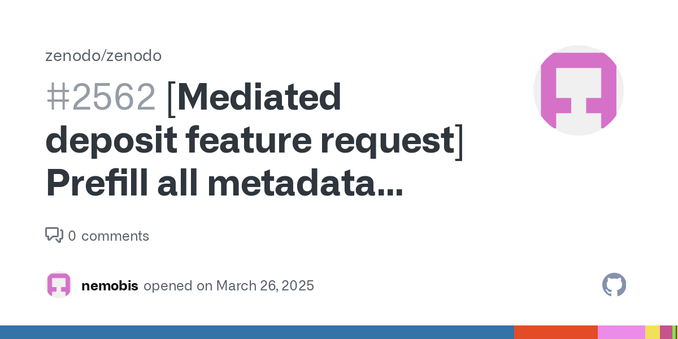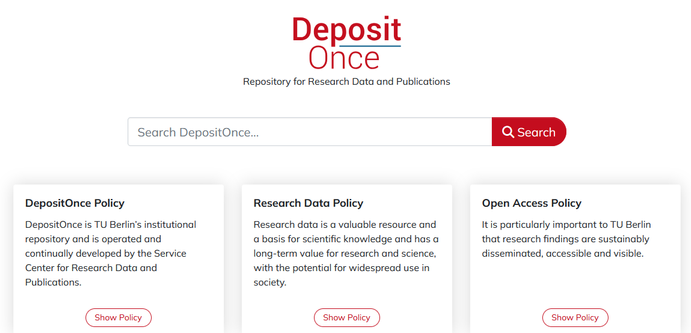Schweizer Hochschulen setzen Deal mit Wiley aus
Ohne Einigung endeten die Verhandlungen zwischen swissuniversities & #Wiley. Folge: Kein Open-Access-Publizieren & eingeschränkter Zugang zu neuen Artikeln. Grund sind laut swissuniversities zu hohe Preise pro Artikel. Forschende an Schweizer Hochschulen sollen Alternativen zu Wiley wählen & auf Green Open Access setzen. Mehr Infos in unserer News: https://open-access.network/services/news/artikel/kein-deal-mit-wiley




